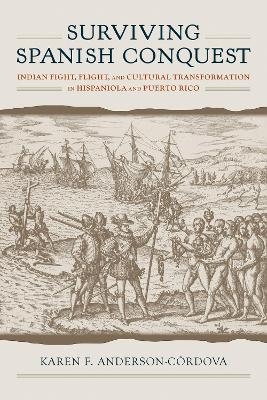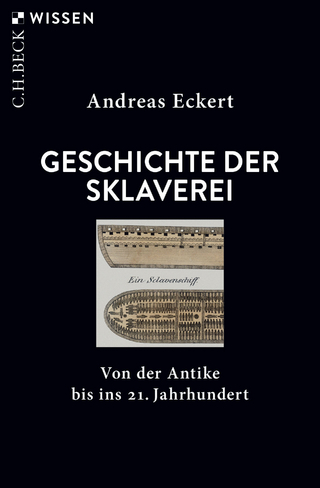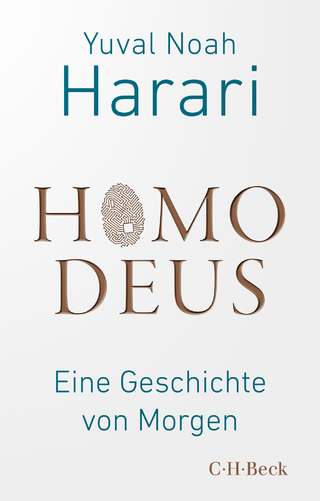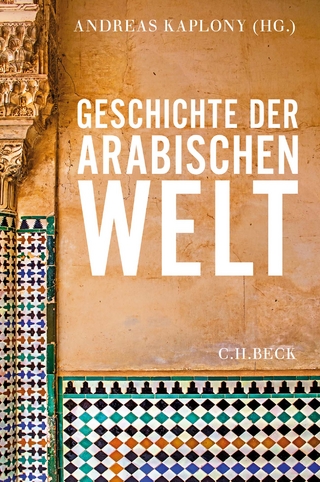
Surviving Spanish Conquest
Indian Fight, Flight, and Cultural Transformation in Hispaniola and Puerto Rico
Seiten
2017
The University of Alabama Press (Verlag)
978-0-8173-1946-5 (ISBN)
The University of Alabama Press (Verlag)
978-0-8173-1946-5 (ISBN)
- Titel ist leider vergriffen;
keine Neuauflage - Artikel merken
Reveals the transformation that occurred in Indian communities during the Spanish conquest of Hispaniola and Puerto Rico from 1492 to 1550. In Surviving Spanish Conquest, Karen F. Anderson-Córdova draws on archaeological, historical, and ethnohistorical sources to elucidate the impacts of sixteenth-century Spanish conquest and colonization on indigenous peoples in the Greater Antilles.
Surviving Spanish Conquest reveals the transformation that occurred in Indian communities during the Spanish conquest of Hispaniola and Puerto Rico from 1492 to 1550.
In Surviving Spanish Conquest: Indian Fight, Flight, and Cultural Transformation in Hispaniola and Puerto Rico, Karen F. Anderson-Córdova draws on archaeological, historical, and ethnohistorical sources to elucidate the impacts of sixteenth-century Spanish conquest and colonization on indigenous peoples in the Greater Antilles. Moving beyond the conventional narratives of the quick demise of the native populations because of forced labor and the spread of Old World diseases, this book shows the complexity of the initial exchange between the Old and New Worlds and examines the myriad ways the indigenous peoples responded to Spanish colonization.
Focusing on Hispaniola and Puerto Rico, the first Caribbean islands to be conquered and colonized by the Spanish, Anderson-Córdova explains Indian sociocultural transformation within the context of two specific processes, emigration and immigration, highlighting how population shifts contributed to the diversification of peoples. For example, as the growing presence of “foreign” Indians from other islands complicated the variety of responses by Indian groups, her investigation reveals that Indians who were subjected to slavery, or the “encomienda system,” accommodated and absorbed many Spanish customs, yet resumed their own rituals when allowed to return to their villages. Other Indians fled in response to the arrival of the Spanish.
The culmination of years of research, Surviving Spanish Conquest deftly incorporates archaeological investigations at contact sites, previously unstudied archival materials, and anthropological assessments of the contact period in the Caribbean. Ultimately, understanding the processes of Indian-Spanish interaction in the Caribbean enhances comprehension of colonization in many other parts of the world. Anderson-Córdova concludes with a discussion regarding the possible present-day survival of the Taíno people and their culture. This volume provides a wealth of insight to historians, anthropologists, archaeologists, and those interested in early cultures in contact.
Surviving Spanish Conquest reveals the transformation that occurred in Indian communities during the Spanish conquest of Hispaniola and Puerto Rico from 1492 to 1550.
In Surviving Spanish Conquest: Indian Fight, Flight, and Cultural Transformation in Hispaniola and Puerto Rico, Karen F. Anderson-Córdova draws on archaeological, historical, and ethnohistorical sources to elucidate the impacts of sixteenth-century Spanish conquest and colonization on indigenous peoples in the Greater Antilles. Moving beyond the conventional narratives of the quick demise of the native populations because of forced labor and the spread of Old World diseases, this book shows the complexity of the initial exchange between the Old and New Worlds and examines the myriad ways the indigenous peoples responded to Spanish colonization.
Focusing on Hispaniola and Puerto Rico, the first Caribbean islands to be conquered and colonized by the Spanish, Anderson-Córdova explains Indian sociocultural transformation within the context of two specific processes, emigration and immigration, highlighting how population shifts contributed to the diversification of peoples. For example, as the growing presence of “foreign” Indians from other islands complicated the variety of responses by Indian groups, her investigation reveals that Indians who were subjected to slavery, or the “encomienda system,” accommodated and absorbed many Spanish customs, yet resumed their own rituals when allowed to return to their villages. Other Indians fled in response to the arrival of the Spanish.
The culmination of years of research, Surviving Spanish Conquest deftly incorporates archaeological investigations at contact sites, previously unstudied archival materials, and anthropological assessments of the contact period in the Caribbean. Ultimately, understanding the processes of Indian-Spanish interaction in the Caribbean enhances comprehension of colonization in many other parts of the world. Anderson-Córdova concludes with a discussion regarding the possible present-day survival of the Taíno people and their culture. This volume provides a wealth of insight to historians, anthropologists, archaeologists, and those interested in early cultures in contact.
Karen F. Anderson-Córdova is retired from the historic preservation division of the Georgia Department of Natural Resources. Throughout the course of her career, she served as an instructor of anthropology at Georgia State University, an assistant professor of anthropology at the University of Puerto Rico, a Deputy State Historic Preservation Officer, and a historian and archaeologist in the State Historic Preservation office in San Juan, Puerto Rico.
| Erscheinungsdatum | 18.04.2017 |
|---|---|
| Reihe/Serie | Caribbean Archaeology and Ethnohistory |
| Zusatzinfo | 7 black & white figures, 22 tables, 7 maps |
| Verlagsort | Alabama |
| Sprache | englisch |
| Maße | 152 x 229 mm |
| Gewicht | 560 g |
| Themenwelt | Sachbuch/Ratgeber ► Geschichte / Politik ► Allgemeines / Lexika |
| Geisteswissenschaften ► Archäologie | |
| Geisteswissenschaften ► Geschichte ► Regional- / Ländergeschichte | |
| Naturwissenschaften ► Geowissenschaften ► Geografie / Kartografie | |
| ISBN-10 | 0-8173-1946-8 / 0817319468 |
| ISBN-13 | 978-0-8173-1946-5 / 9780817319465 |
| Zustand | Neuware |
| Informationen gemäß Produktsicherheitsverordnung (GPSR) | |
| Haben Sie eine Frage zum Produkt? |
Mehr entdecken
aus dem Bereich
aus dem Bereich
von der Antike bis ins 21. Jahrhundert
Buch | Softcover (2024)
C.H.Beck (Verlag)
CHF 16,80


